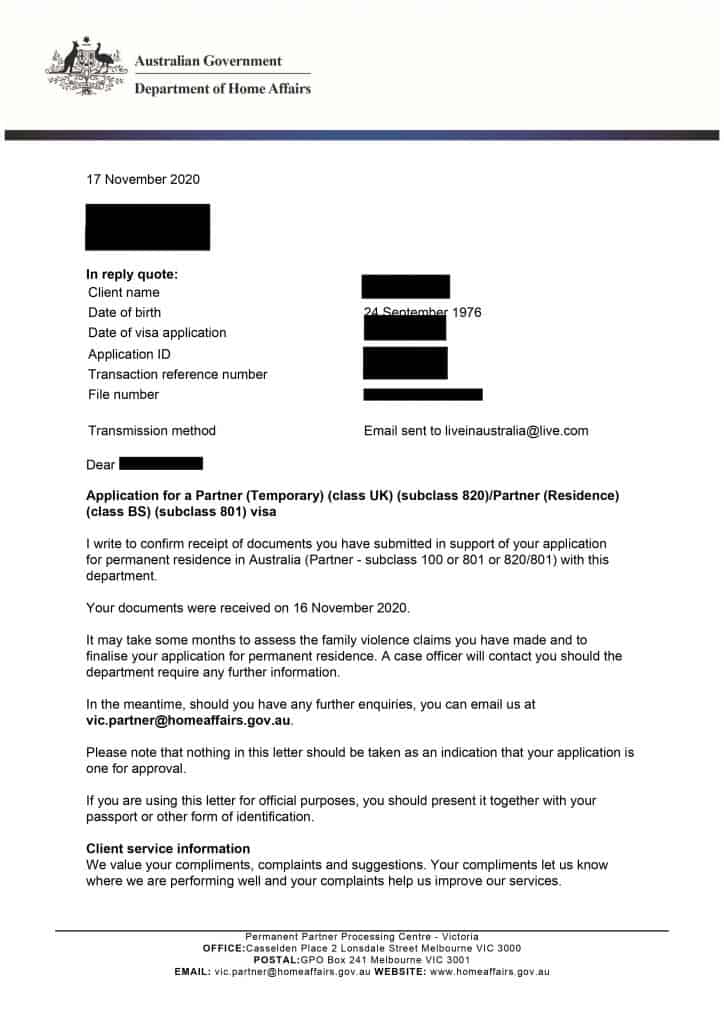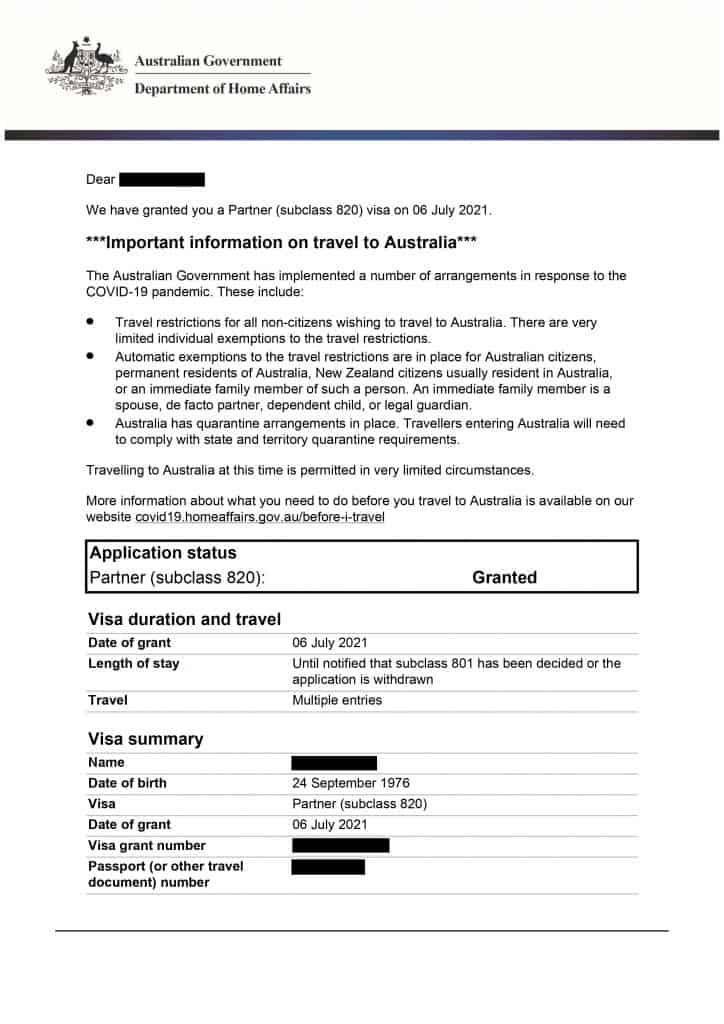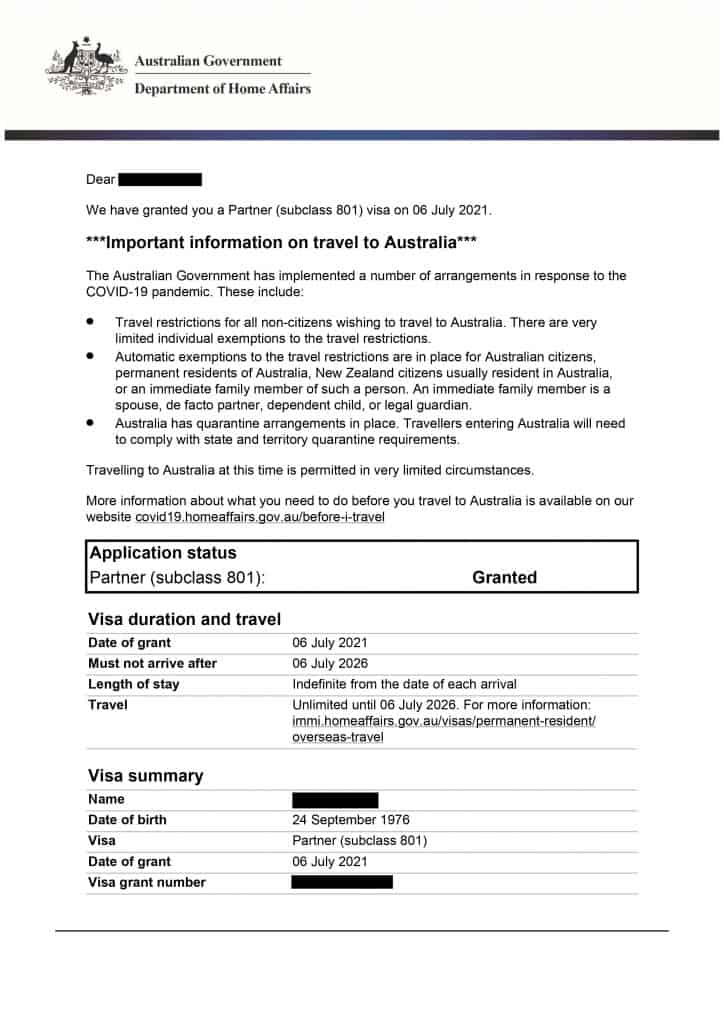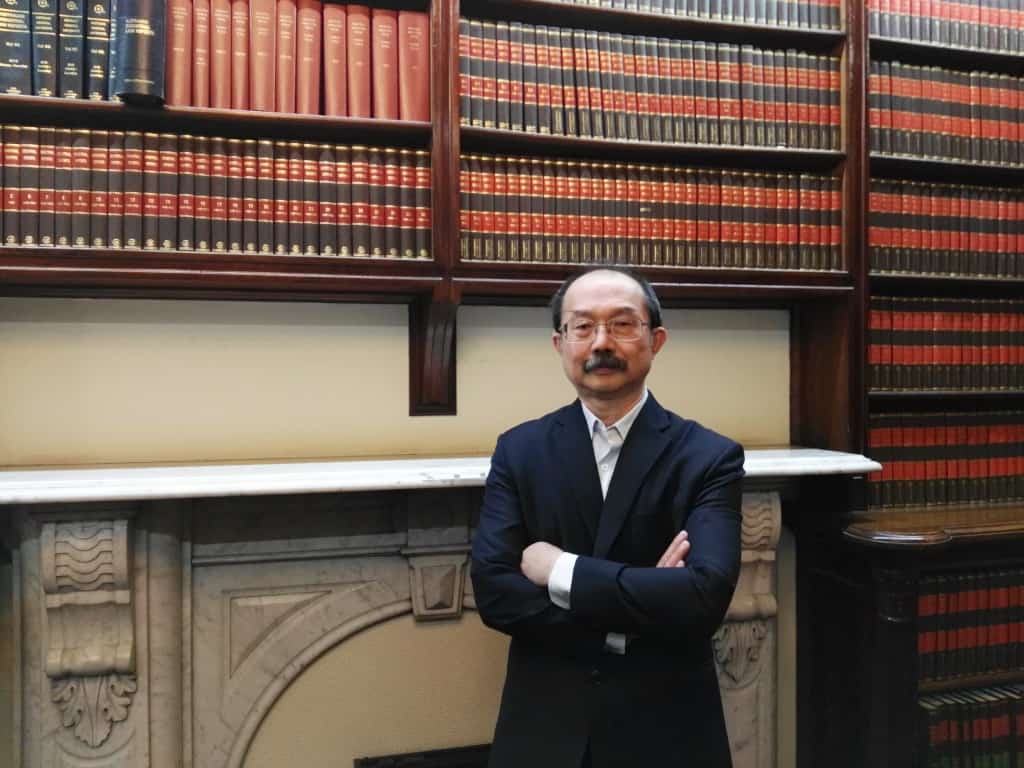
Family violence and visa – if you are holding or last held a Prospective Marriage Subclass 300 visa (click here to learn more) and before you applied for a Partner Subclass 820 visa (click here to learn more), your relationship ended because you have suffered family violence perpetrated by your partner, you could still secure a permanent Partner Subclass 801 visa (click here to learn more).

Family violence and visa – if you are applying for a Partner Subclass 820 visa but has not been granted the visa and your relationship ended because you have suffered family violence perpetrated by your partner, you could still secure a permanent Partner Subclass 801 visa.
Family violence and visa – if you are applying for a permanent Partner Subclass 100 or Subclass 801 and your relationship ended because you have suffered family violence perpetrated by your partner, you could still secure a permanent Partner Subclass 100 or Subclass 801 visa.
The Department may grant you a permanent visa on the basis of you having suffered from family violence during your relationship. However, you will need to satisfy the below.
Was the relationship genuine and continuing
You will need to demonstrate that your relationship is genuine and continuing up till the time you suffered family violence.
What is family violence
Family violence means conduct of your partner whether actual or threatened towards the you or your property (can also be a member of your or your partner’s family) causing you to reasonably fear for, or to be reasonably apprehensive about, your own wellbeing or safety.
Family violence occurred while the relationship existed
The family violence you experience must occurred during your relationship. In very limited circumstances an allegation of family violence can still be accepted after you have separated from your partner.
Proving family violence
- Judicially determined claim of family violence
You can make a judicially determined claim of family violence if an Apprehended Violence Order (AVO) has been taken out and proven before a court or a court has granted an injunction under Family Law Act 1975 against your partner or a court has convicted or found your partner guilt of an offence of violence against you.
- Non-judicially determined claim of family violence
In the alternative, you could still make a non-judicially determined claim of family violence if (a) you and your husband made a joint undertaking to a court in relation to the allegation that s/he has committed an act of violence against you or (b) provide evidence in accordance to reg. 1.24 that you have suffered family violence perpetrated by your partner. In this case, the Minister must be satisfied that you have suffered relevant family violence or seek the opinion of an independent expert employed or contracted to provide services to, the Department of Human Services of LSC Psychology.
Evidence required to prove non-judicially determined claim of family violence
If you are unable to provide a joint undertaking that your partner has committed an act of violence against you, you will need to provide (a) a statutory declaration detailing your claim of family violence and identifying the person who committed the family violence and at least 2 statutory declarations from relevantly qualified independent person identifying the perpetrator and the victim, detailing the family violence and giving reasons for forming their opinion that the family violence has occurred.
If your claim is accepted, the Department will grant you the temporary visa and permanent visa at the same time.

Temporary visa (eg Subclass 820) granted after family violence is proven

Permanent visa (eg Subclass 801) granted
Australian migration law is complex and difficult to understand, contact our immigration lawyer for a consultation (fee applies) to help you with your family violence and your visa.

 041 222 4020 or WeChat: AUDvisa
041 222 4020 or WeChat: AUDvisa
This article is not intended to be or taken as migration legal advice. The author of this article disclaims any liability for any action or omission on the information provided or not provided in this article. You should always consult an immigration lawyer or a registered migration agent to form an informed opinion on your immigration matter.



